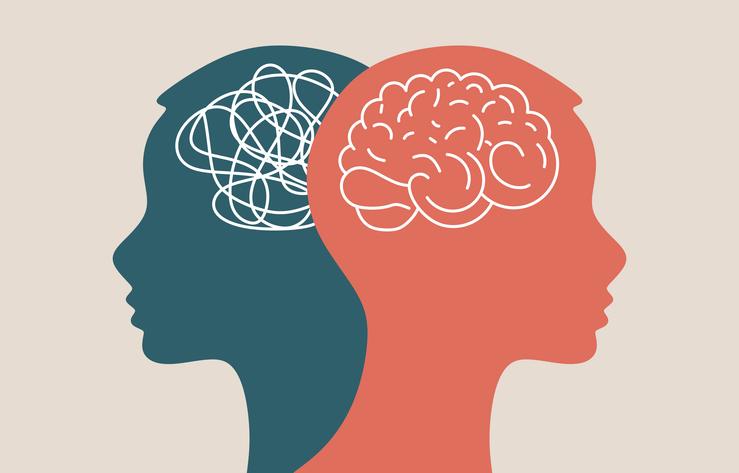
Depression
Depression
It is estimated that one in every six adults in the UK is affected by depression and anxiety and it is predicted that by 2020 depression will be the second most disabling condition in the world.1 Depression can take many different forms with patients suffering a mix of physical, social and psychological problems. Identifying and providing the most suitable treatment for people with these common mental health problems can be a difficult and complex process for healthcare professionals. Many people with long-term health conditions are also affected by depression,2 and it is a significant co-morbidity linked to many detrimental effects to the individual. GPs and practice nurses should work together with mental health services to ensure that patients receive the highest quality advice and access to care and appropriate services and should refer to NICE guidelines for help in diagnosing depression.2,3
This resource, consisting of five assessment questions at intermediate level, tests your knowledge of depression, based on national guidance. Complete the resource, including reading the featured articles and undertaking some or all of the suggested activities, to obtain a certificate of completion of continuing professional development to include in your annual portfolio. You should record the amount of time spent on this resource
Learning Outcomes
On completion of this resource you should have an understanding of:
- Signs and symptoms of depression
- The impact of depression on the individual
- The relationship between depression and other long term conditions
- Screening for depression and self-assessment tools
- Treatment options for depression
Practice Nurse featured articles
A Practice Nurse Guide: Common mental health problems Dr Mandy Fry
Anxiety and depression: the hidden cost of long term conditions Joanne M Haws
Prescribing in depression Dr Ed Warren
Reading List
NICE CG90. Depression in adults: The treatment and management of depression in adults, 2009 https://www.nice.org.uk/guidance/cg90
National Institute for Health and Clinical Excellence (NICE). Quality Standards for Depression in Adults. 2011.
http://www.nice.org.uk/guidance/QS8/chapter/introduction-and-overview
Scottish Intercollegiate Guidelines Network (SIGN). Non pharmacological management of depression in adults. A national clinical guideline. January 2010
http://www.sign.ac.uk/pdf/sign114.pdf
Contents
Depression
It is estimated that one in every six adults in the UK is affected by depression and anxiety and it is predicted that by 2020 depression will be the second most disabling condition in the world.1 Depression can take many different forms with patients suffering a mix of physical, social and psychological problems. Identifying and providing the most suitable treatment for people with these common mental health problems can be a difficult and complex process for healthcare professionals. Many people with long-term health conditions are also affected by depression,2 and it is a significant co-morbidity linked to many detrimental effects to the individual. GPs and practice nurses should work together with mental health services to ensure that patients receive the highest quality advice and access to care and appropriate services and should refer to NICE guidelines for help in diagnosing depression.2,3
This resource, consisting of five assessment questions at intermediate level, tests your knowledge of depression, based on national guidance. Complete the resource, including reading the featured articles and undertaking some or all of the suggested activities, to obtain a certificate of completion of continuing professional development to include in your annual portfolio. You should record the amount of time spent on this resource
Learning Outcomes
On completion of this resource you should have an understanding of:
- Signs and symptoms of depression
- The impact of depression on the individual
- The relationship between depression and other long term conditions
- Screening for depression and self-assessment tools
- Treatment options for depression
Related modules
View all Modules